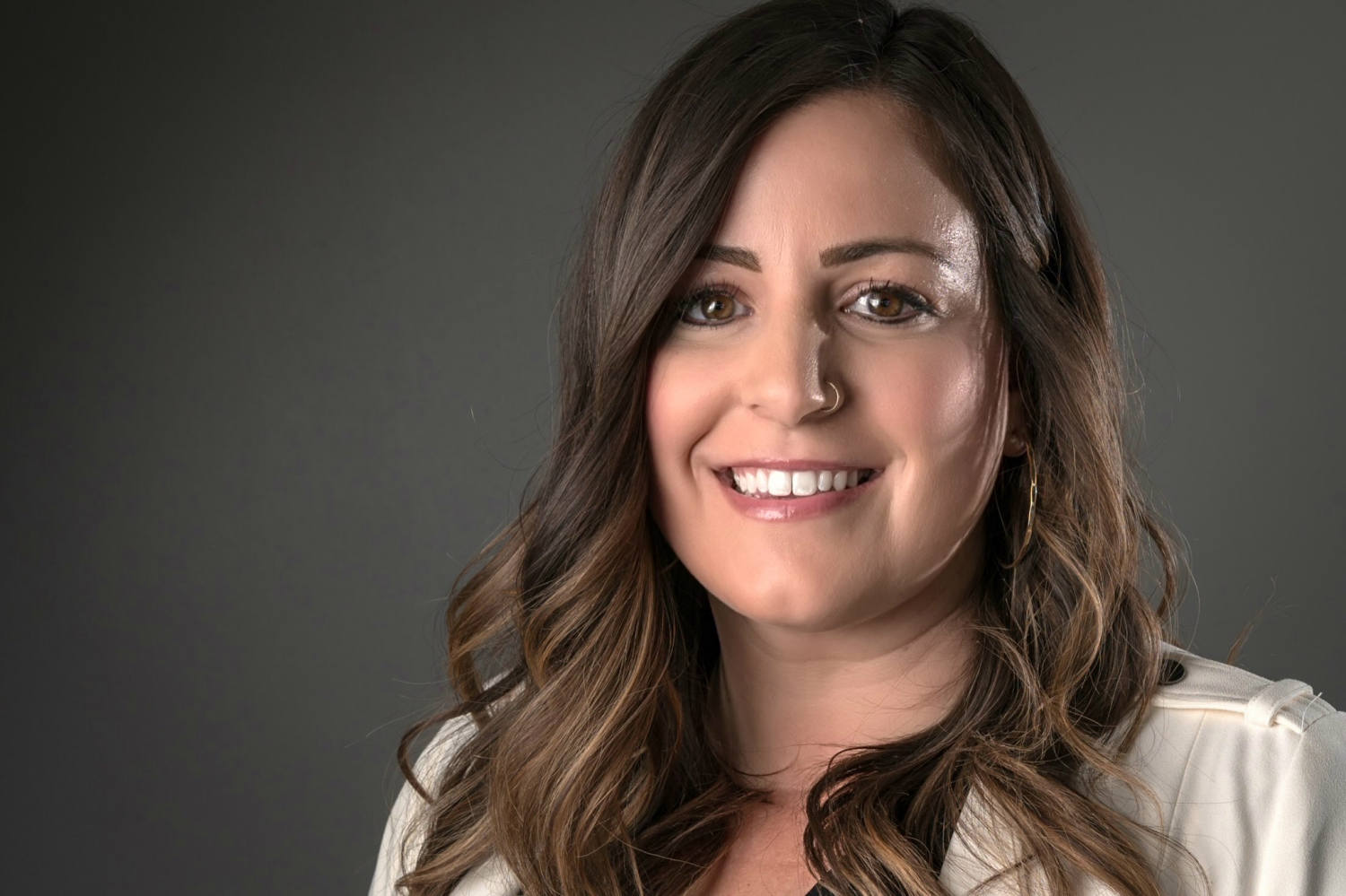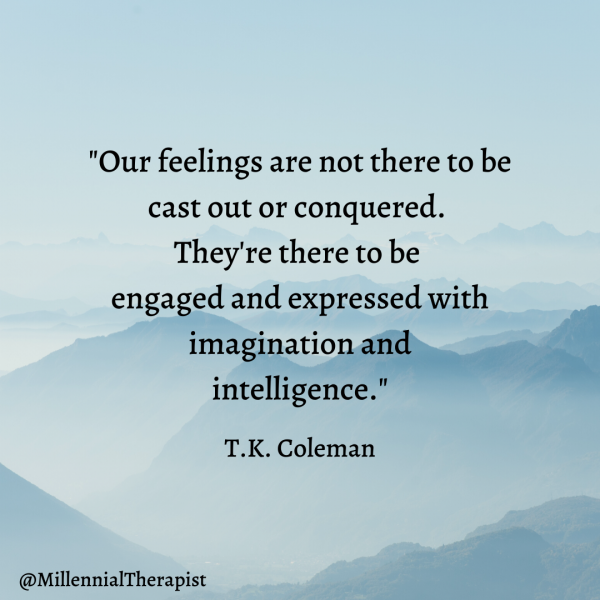Healing in the Time of COVID-19: How to Feel Your Way Through

Becca Moravec, LPC, LMFT
“Our feelings are not there to be cast out or conquered. They’re there to be engaged and expressed with imagination and intelligence.” — T.K. Coleman
This is a heavy time in the world and in our lives, both individually and collectively. As we face a global pandemic, political unrest, and the continued injustice of racism, what do we do? How do we manage? How do we continue on? How do we find peace and healing? My answer to these questions may evoke anxiety or resistance, so I’m going to ask you to note any feelings that come up as you keep reading (humor me!).
The only way is through. Yes, through our feelings. I don’t have anything more profound than that — and yet, in a world where we are constantly trying to fix things, to numb out, and to do anything but feel, creating space for our feelings is profound.
Often, when things feel hard, we turn towards the coping skills that have always gotten us through. Maybe you cope through being angry at everything, or by scrolling for hours on social media, or by being critical of your feelings and telling yourself “at least it’s not as bad as X.” Maybe you’ve put all of your energy into working out, or obsessing over something to feel like you have control. Or maybe you are “silver lining” everything by putting on a false positivity. This is what we call “bypassing.” And when we “bypass” our feelings, we never truly work through them and they will pop up later leaving us confused as to where that burst of emotion or residual bitterness is coming from.
These coping skills aren’t necessarily bad or wrong, as they may have served you well at times. And it is particularly important for our mental health to intentionally name and feel our emotions during a time like this and to be aware and choose coping that will bring us healing.

I often hear clients say, “Why would I want to feel it?” or “I’m doing fine when I’m not feeling it all.” The “it” being sadness, anger, fear, guilt, and regret. All of the unpleasant emotions. And I understand, that sometimes it feels easier to numb out or to pretend I’m not feeling what I’m feeling. But here is the truth: when we give space to our feelings, their power dissipates, and we can learn and grow and move on to healing.
So how do we do this? What does it look like to move through our feelings? And more importantly, how do we not get stuck in them? Here is one exercise I use regularly to help me get out of my head and into my feelings:
Get out a pen and paper (or get creative and make it art!)
Now I want you to go through each unpleasant feeling, and without censoring yourself or rationalizing your feelings I want you to list out all of the reasons you feel angry (even if you don’t think you are angry). Why does COVID-19 make you mad? Then do it again for feeling sad. Then again for fear. Then once more for guilt and regret. Give yourself space and time and let anything that is swirling in your mind out onto the paper. We live so much in our rational brains that you will find yourself wanting to censor or say “well, I don’t really feel that way!” but that isn’t what we are addressing here. We are addressing your emotions and emotions are real and valid even if they aren’t always rational.
Ok so now that your emotions are out there — how do we begin to move through them? With compassion and curiosity. Why does it make sense that you’re feeling what you’re feeling? I guarantee you that it does make sense. Can you imagine telling a friend that their feelings make sense if they just shared what you shared?
And now, only now, can we move onto a truth. While our feelings are real and valid, they don’t always contain truth. Maybe you feel scared you’ll never be ok again. But the truth is, you are loved, and you have support, and you will be ok even though it doesn’t feel like it. Maybe you feel like a failure. But the truth is you have survived so much, you are resilient, and you are powerful. Maybe you feel alone. But the truth is, God loves you and is with you. I’ll let you come to your own truth. Try to let it be empowering.
So, while I don’t have all the answers, I do know that peace and healing can begin when we give ourselves permission to feel our emotions and when we meet those emotions with compassion and gentle and empowering truths.
Becca Moravec is a mental health clinician in Denver, Colorado where she works with individuals, couples and families. Her BA in Psychology is from the University of Colorado and her MA in Clinical Mental Health is from Denver Seminary, so she loves to think critically about the intersection of mental health and spirituality, believing our best work comes when we are open to both. When she’s not reading, she’s spending time outside with her husband and her dog, Pumpkin. She owns Full Bloom Counseling Group, and she co-hosts a mental health podcast called “Two Therapists in Therapy.”You can find her most active on Instagram, @MillennialTherapist.
As the health and social services general ministry of the Christian Church (Disciples of Christ), the National Benevolent Association partners with congregations, regions, general ministries, and a variety of Disciples-related health and social service providers to create communities of compassion and care. Founded in 1887 by six women responding to the needs of the day and on their doorsteps, for more than 130 years the NBA has continued to serve “the least of these.” Learn more at www.nbacares.org.